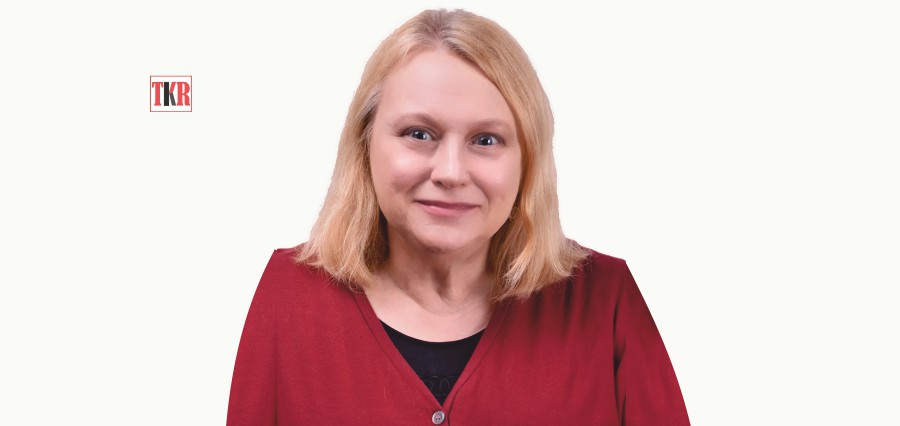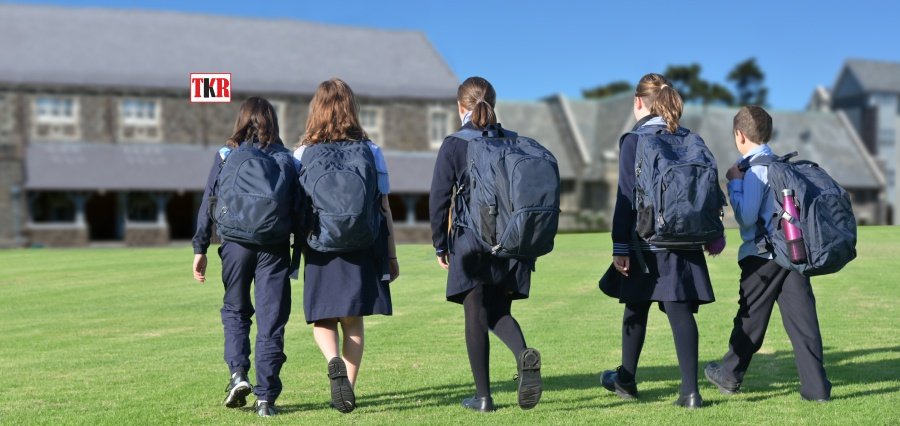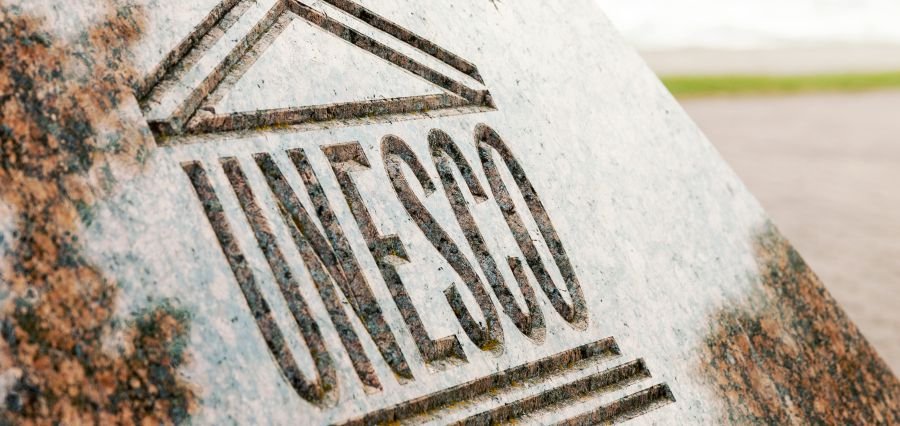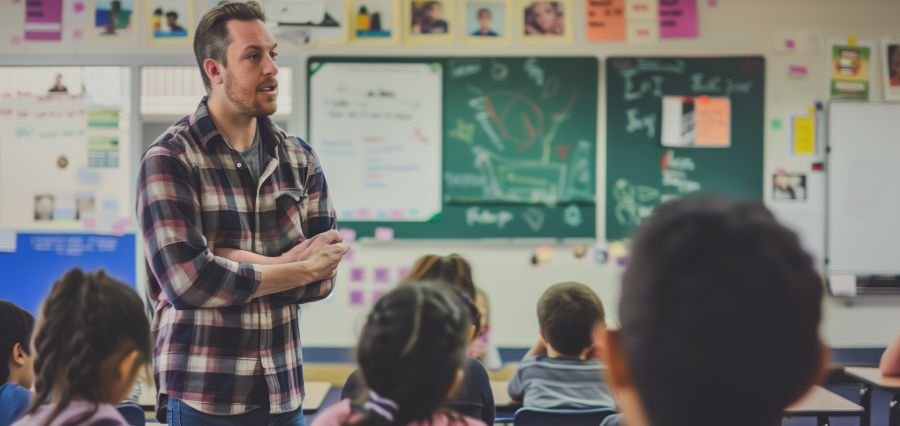When Two High School entrepreneur groups from Dominican International School, Taipei (DIS) participated in Taipei’s Dragon’s Chamber 2019 event, it was a further step forward in the development of 21st Century project Based Learning in its third experimental year at the school.
In this annual event finalists pitch their businesses to long-term, established expatriate entrepreneurs in Taipei. The organizers gave two of the school’s student businesses the opportunity to pitch their businesses to showcase the Dragon’s Chamber organizers’ commitment to the training of young entrepreneurs for the past three years. The young entrepreneurs are senior high school students in their final school year who are running real start-up businesses as a school subject.
Entrepreneurship is part of Dominican International School’s 21st Century Project Based Learning. After extensive research into the merits and methodology of 21st Century PBL, Mercia de Souza started the new subject for Grade 12 students four years ago. The Buck Institute for Education in the US is a leading organization in the field of PBL. They describe it as “… a teaching method in which students gain knowledge and skills by working for an extended period of time to investigate and respond to an authentic, engaging, and complex question, problem, or challenge” The Dominican International School PBL program was initially based on their framework for PBL course development.
21st Century Project Based Learning teaches Generation Z students critical survival skills for the 21st century. There are many descriptions of these essential skills, but the so-called 4Cs are the ones most widely accepted – critical thinking, creativity, collaboration and communication. Students learn from their own project research; they are not taught any facts. Usually, teachers provide readings, worksheets and other forms of information before students do a project, but 21st century PBL is different, students do not just apply what they have learned from a teacher, they learn the material from completing the project. Students take responsibility for their own learning, because the teacher becomes a facilitator.
Students learn how to solve problems and how to think beyond the box. They learn to work together to achieve a common goal and to communicate in such a way that they convey their ideas clearly. No more fact regurgitation as they learn to think critically, learn problem solving skills, learn to manage their time and learn to be organized. Furthermore, they have to do teamwork – just as on a real job. They learn communication skills, because they have to do regular presentations about their progress to their peers and teacher. The DIS students also have to pitch their businesses to the judges for the Dragon’s Chamber competition.
Students’ creativity is enhanced as they find new ways to grow their businesses. An example of the students’ creativity is the way in which the DIS entrepreneurs coped with the new challenges of the COVID-19 pandemic. They moved their businesses online, some even brought about new product ranges, and the income and expenditure statements looked very healthy at the end of the 2019/20 school year.
Community involvement is important. Students create a public product, which means that they present or display their work to an audience beyond the classroom. For this to be successful, community members share what they know with students – for example, guest speakers, project consultants and other community members who are willing to give of their time and expertise.
The school teams up with outside partners to help students create a public product with the help of established and well-known Taipei entrepreneurs.
This means that students present their work to an audience beyond the classroom and get input from people with the expertise to guide them. The student entrepreneurs run real businesses and the successful ones step away with well-earned profits at the end of the school year. Some of these young entrepreneurs even went on to partially fund their university education from their own start-ups after leaving school.
Three years ago Dominican International School student entrepreneurs pitched their businesses for the first time to the “dragons” in the first elimination round of the Dragon’s Chamber hoping to eventually get into the final. The organizers of the event have supported the young entrepreneurs ever since and every year, they participate in the first elimination round of The Dragon’s Chamber. There they learn what the world away from the school’s protection has in store when they get very frank assessments of their businesses.
During the 2019/20 school year, the organizers gave the two most promising high school businesses the chance to showcase what they were doing, and to show the support the Dragon’s Chamber gives the school and the young entrepreneurs in Taipei. This gave them the opportunity to do business-to-business trade and one group had very lucrative dealings with businesses they met at the Dragon’s Chamber final event.
The school hopes to showcase the students’ entrepreneurship skills again, even if it has to be virtually, because of the current pandemic.
Elias Ek, one of Taipei’s best known expatriate entrepreneurs and the author of “How to Start a Business in Taiwan” is one of the school’s esteemed supporters of the Entrepreneurship project. He knows how to identify with the young entrepreneurs and how to inspire them, because he started his first business at the age of fifteen. The students feel that they are given real advice and they act on the recommendations of the business people present during their initial pitch. Jessie Hung, one of the main organizers of the 2019 Dragon’s Chamber has also been a student supporter for the past three years. She is always ready to share valuable ideas with them, and to give much needed advice.
Assessment is important, but students do not get assessed on their profits or sales, but on how well they develop their businesses. The progress is assessed through a series of benchmarks that their teacher-facilitator gives them and how they achieve those benchmarks. Examples are their product development, their marketing plan, and the development of their bookkeeping system. They also have an opportunity for regular peer assessment of their contribution to the project that makes up a substantial portion of the grade they achieve for the subject.
21st Century PBL is exciting methodology that correlates with the research that people have done about Generation Z. Several studies found that they were are self-sufficient, entrepreneurial, prefer peer-based information, and want hands-on experience. Entrepreneurship fits into these needs and enhances the learning of a new generation of 21st century students.
Mercia de Souza holds a Doctorate in Educational Leadership, and Master’s degrees in Applied Linguistics and Marketing Management. She is an international conference presenter and she has published texts books, study notes, and numerous education-related articles in newsletters, magazines and journals. She also wrote prospectuses and website materials for academic institutions.
She owned a successful business in South Africa which she sold when she relocated to South Korea to work for Samsung Corporation’s Globalization Team.
Mercia moved to Taiwan in 2007 where she is Dominican International School’s Professional Development Coordinator, Head of the Communication Arts Department, and the Chairperson of the school’s Recruitment, and Steering Committees. She is an AP instructor for Macroeconomics, but Grade 12 project-based Entrepreneurship course is her passion.









